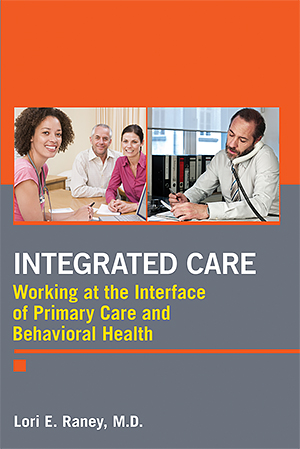Sections
Excerpt
The reduced life expectancy of individuals with serious mental illness (SMI) has been noted since the 1800s (Dembling et al. 1999). Accidental causes were initially thought to explain the mortality gap, with experts focusing on suicide and other violent death as late as 1985 (Black et al. 1985). However, increasing evidence has emerged in the last two decades linking psychiatric and medical illness as the primary cause of excess mortality.
Access content
To read the fulltext, please use one of the options below to sign in or purchase access.- Personal login
- Institutional Login
- Sign in via OpenAthens
- Register for access
-
Please login/register if you wish to pair your device and check access availability.
Not a subscriber?
PsychiatryOnline subscription options offer access to the DSM-5 library, books, journals, CME, and patient resources. This all-in-one virtual library provides psychiatrists and mental health professionals with key resources for diagnosis, treatment, research, and professional development.
Need more help? PsychiatryOnline Customer Service may be reached by emailing [email protected] or by calling 800-368-5777 (in the U.S.) or 703-907-7322 (outside the U.S.).



